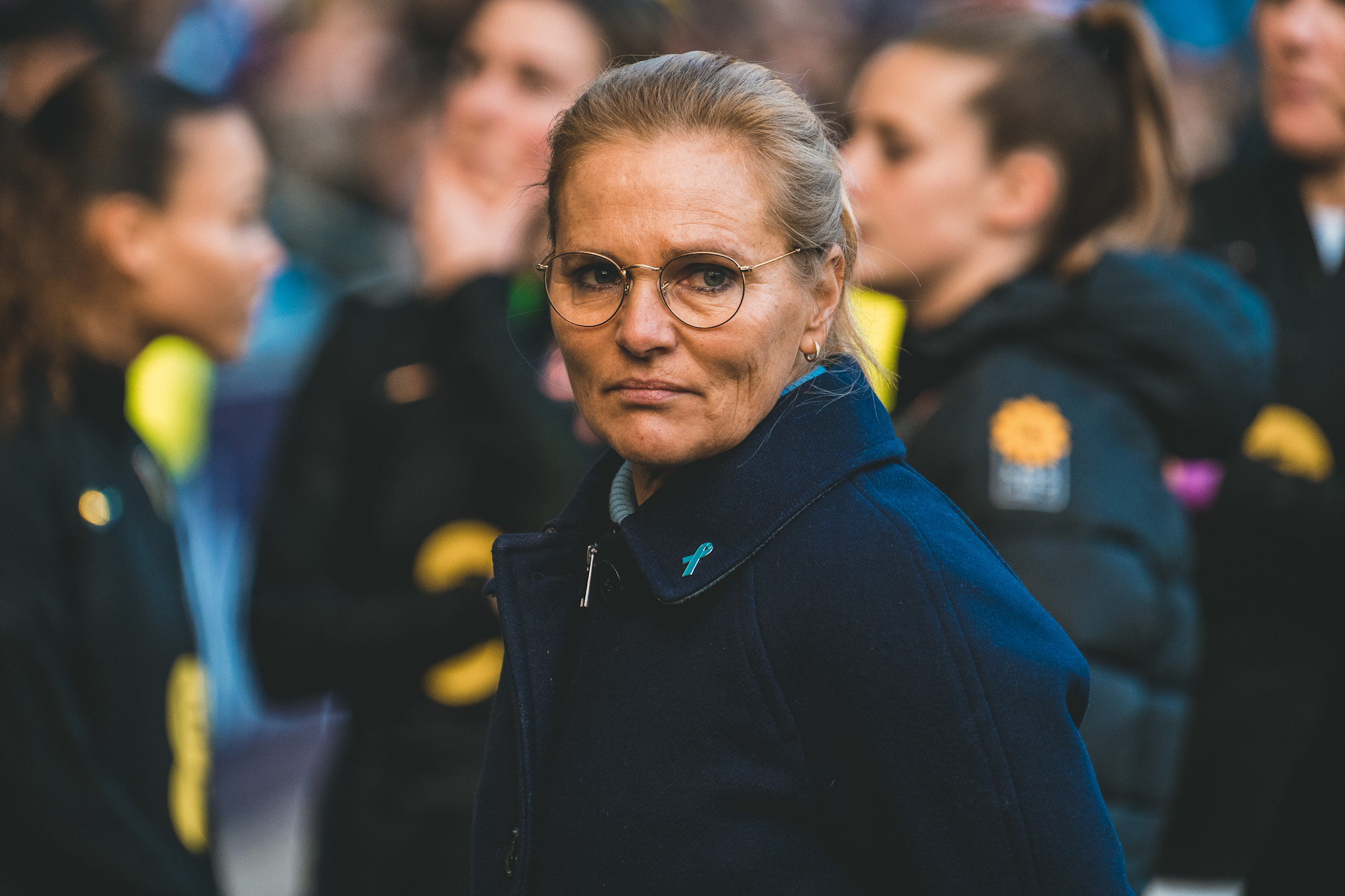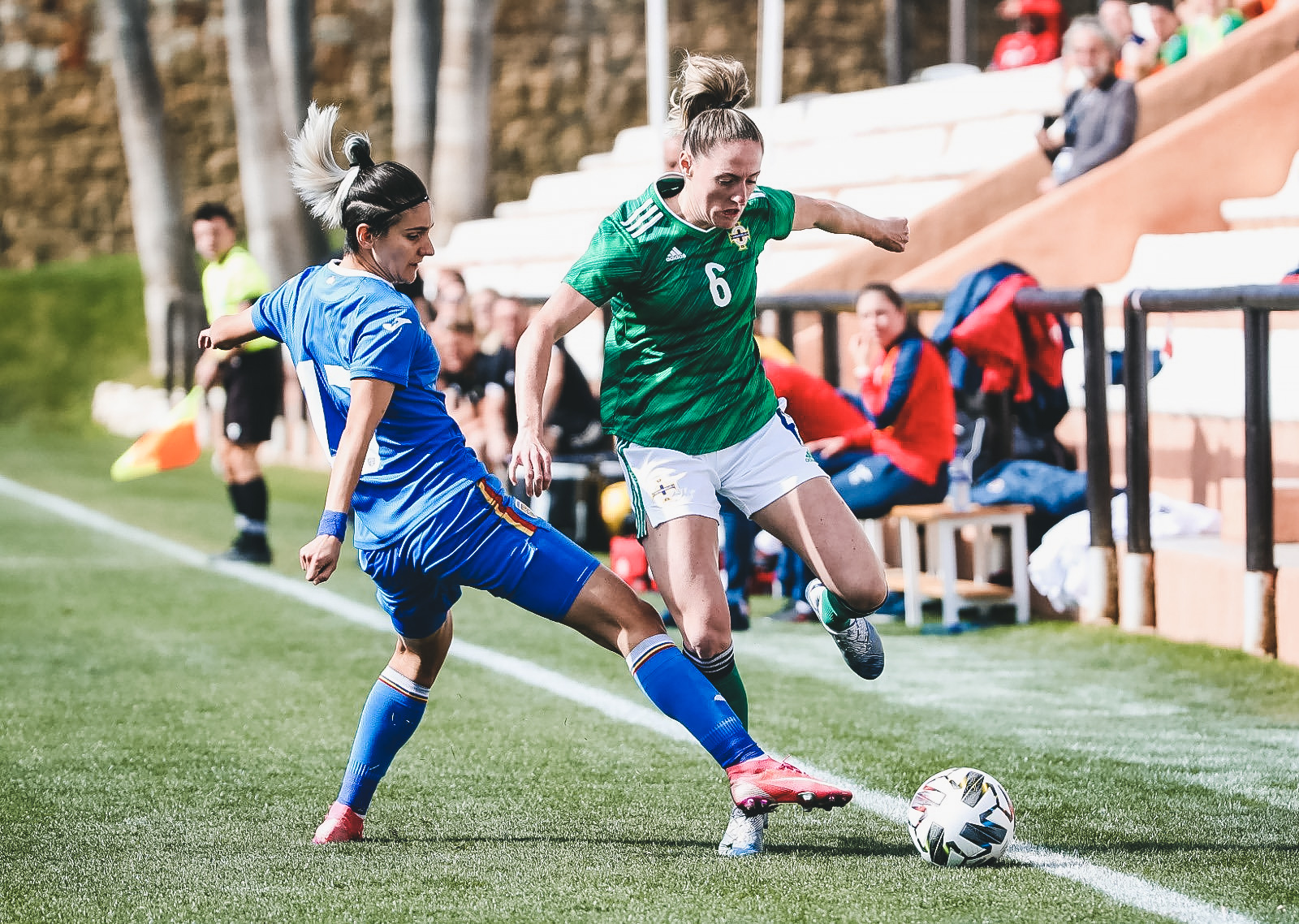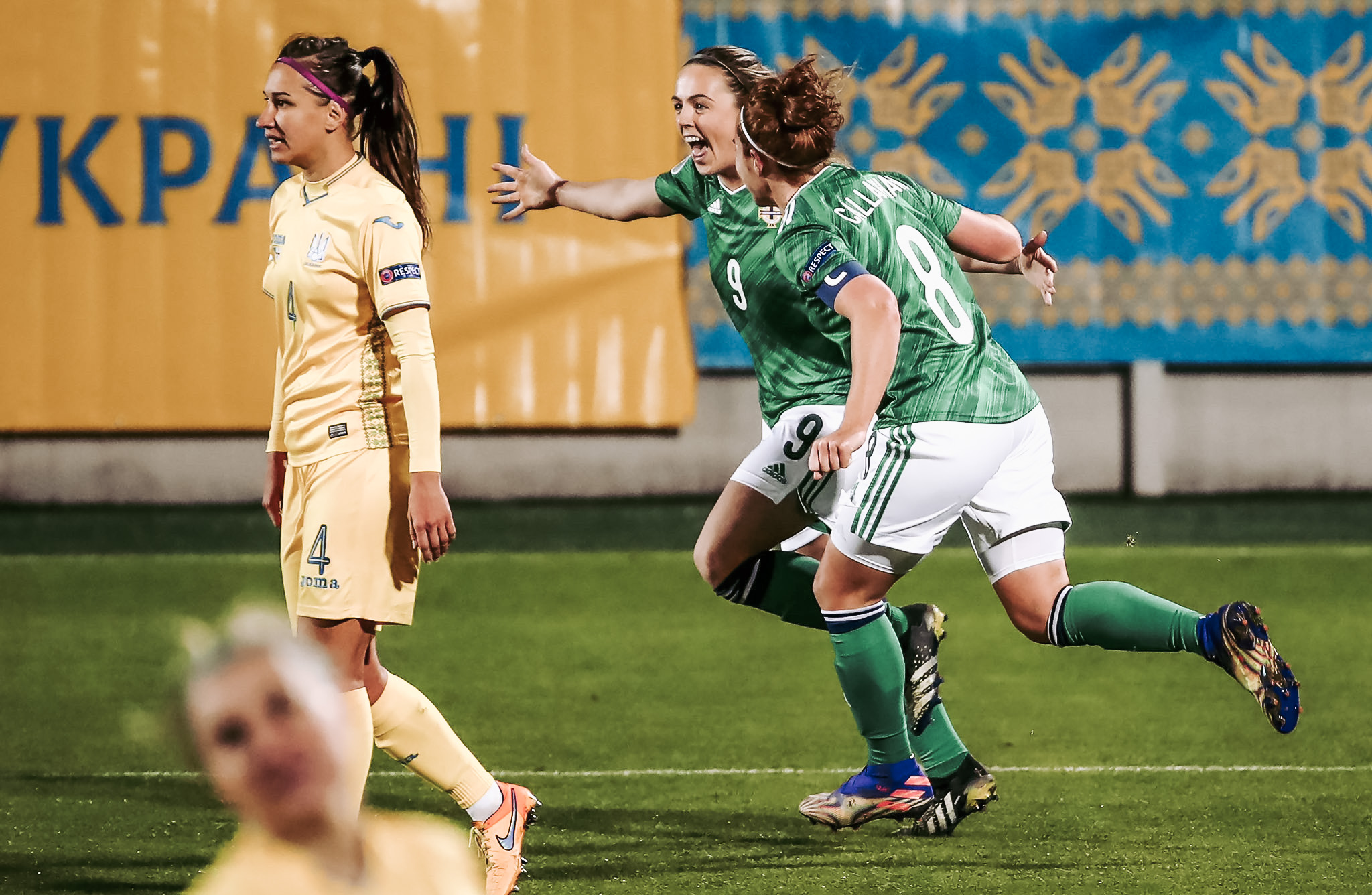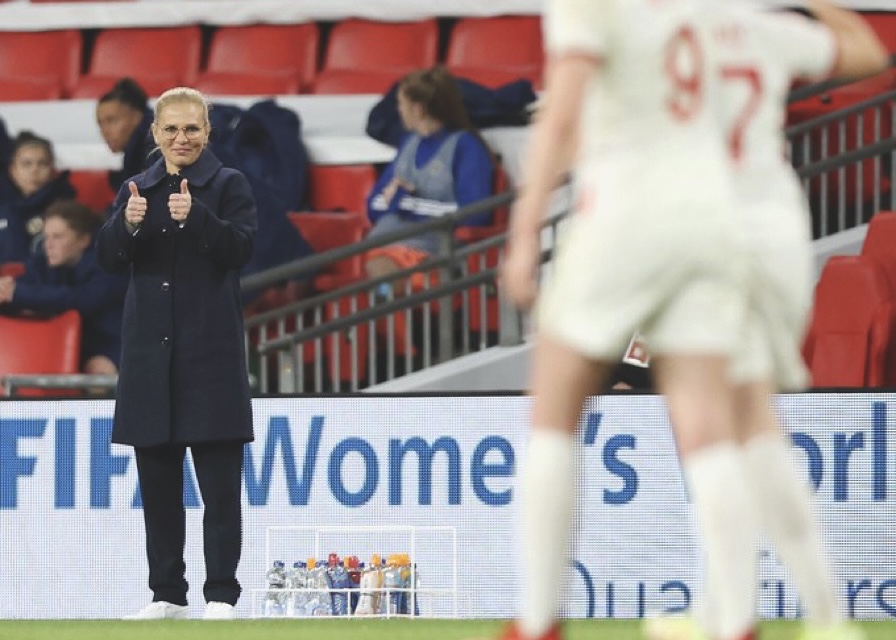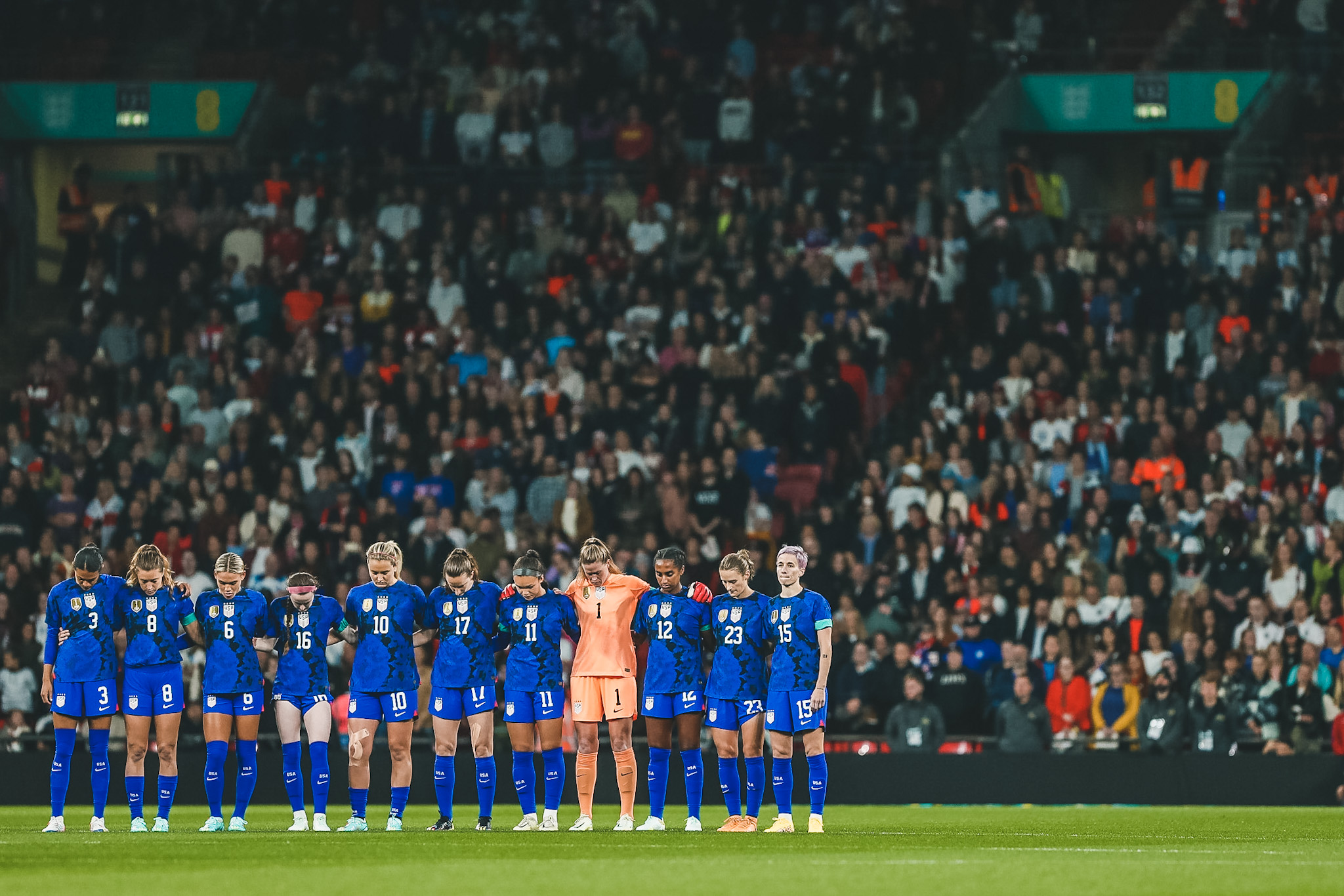Despite all but securing qualification to the knockout stages, the Lionesses have looked far from convincing this World Cup. Paul Wheeler explains why the fear of change is holding England back and why the China game is a crossroads that needs to see the Lionesses take a different path.
I think it was watching the utter panic across social media and the almost funereal tones from the BBC commentary as Keira Walsh left the field that made me finally realise that the Lionesses and women’s football in England has truly become mainstream.
I don’t mean this as a positive. I mean that against Denmark the panic and utter lack of perspective floating around the talk of both social media and traditional media – the hyperbole and overreaction that fans of the men’s game in England know so well every time a major tournament rolls around, well and truly came to stay.
Whether it was in the frustration at yet another huffing, puffing outing that has become the norm from former golden girl Alessia Russo up front (surely no other striker has had a domestic and international season that made her third best even among her own peers but appears to still be starting at a major tournament thanks to the afterglow of a backheel scored almost exactly a year ago), the familiarity of a team full of stars with defensive flaws that gaped wide against lesser opposition being excused, or just the over-reaction to every little bit of news, this World Cup so far feels like, far from forging its own path of growth, the Lionesses industrial complex has turned watching them into a carbon-copy of watching the men.
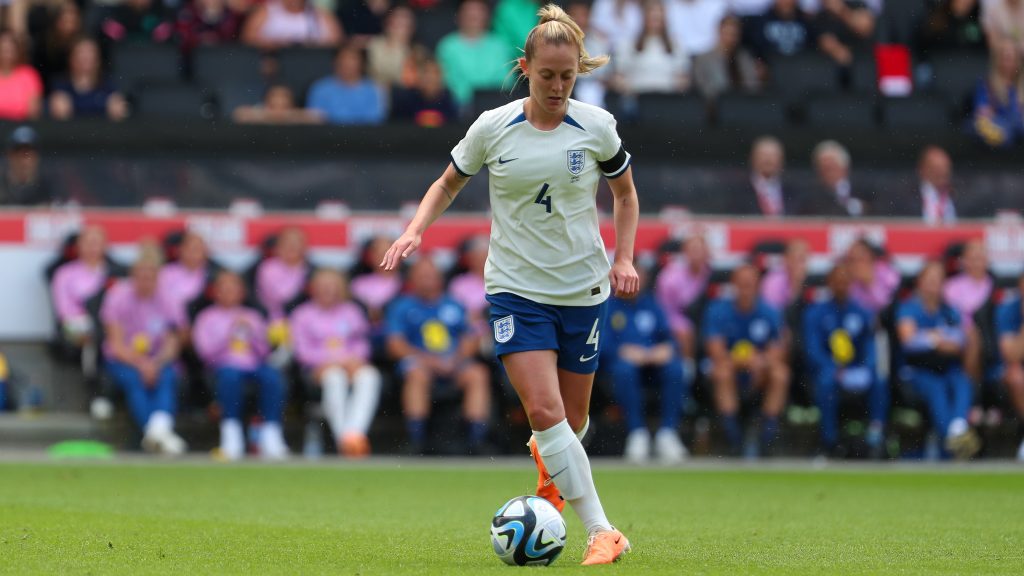
Ellen White admitted on air that the Lionesses had “no backup plan” for a Keira Walsh injury and pundits advocating for continuing to start a misfiring ten-goal striker up front rather than the striker who scored more in half a season than she did in a full one are both, in their own way, indictments of the way English women’s football has fallen victim to its own success so far this World Cup. Star power and cult of personality has caused perspective to be lost, both by coverage and fans.
The resilience of the Euros, the “just happy to be here” has gone. Belief and hope has been replaced by expectation and pressure, and in the process, the joy has been siphoned away.
Take Keira Walsh’s injury, for example. Walsh herself is widely regarded as one of the best at her position in the world. Losing her is a blow to any team. The difference between England and other elite nations, though, is that the talk when a key player is lost is not about how bad the loss is and how it will negatively affect a team – but a focus on which players will be given the opportunity to replace her.
And once you turn the focus away from panic to cold, hard analysis (something that for some reason the English media and fanbase find harder to do than many others) you realise that out of Walsh’s misfortune comes a real opportunity for England to adjust and become a better, more unpredictable opponent at this World Cup.
Football is a squad game for a reason. No player for England is irreplaceable.
One of England’s many weaknesses is that the same predictable starting lineup means the same predictable style of play – one that opponents clearly focus on – Haiti effectively marked Walsh out of the game because they knew that was where the rhythm of the Lionesses’ heartbeat was dictated. But what is stopping someone else taking her role going forward?
In Walsh’s position England has Jordan Nobbs, whose 50+ international caps were not, believe it or not, earned by sending off tokens from the back of a cereal box but by being a lynchpin of England’s midfield until her career was disrupted by injury.
They have Katie Zelem, who shone last season as one of the double pivots for Manchester United but would probably have to receive about double the England play time she does to be called a “peripheral” player. Laura Coombes, too, is looking at that “number 6” spot with covetous eyes ahead of the game vs China.
Whilst it’s sad for Walsh herself, it’s also an opportunity for England to make a decision to go from “merely” one of the best in Europe to replacing the USA as the undisputed best women’s football nation in the world.
To do that, England and Sarina Wiegman have two choices – they can decide to continue along their current path this World Cup, one that already has their excuses prepared for them upon an early exit, or do what the truly great international teams do – what the USA has done so often – and “find a way”. There was a lot of talk about them doing that at the Euros but the simple fact is they never really had to, even against Spain in the quarter finals.
This tournament is the first real test of their mettle this team has faced under Sarina Wiegman when it comes to overcoming adversity. And so far, despite the results saying they’re winning, they are stuttering over the line and vulnerable.
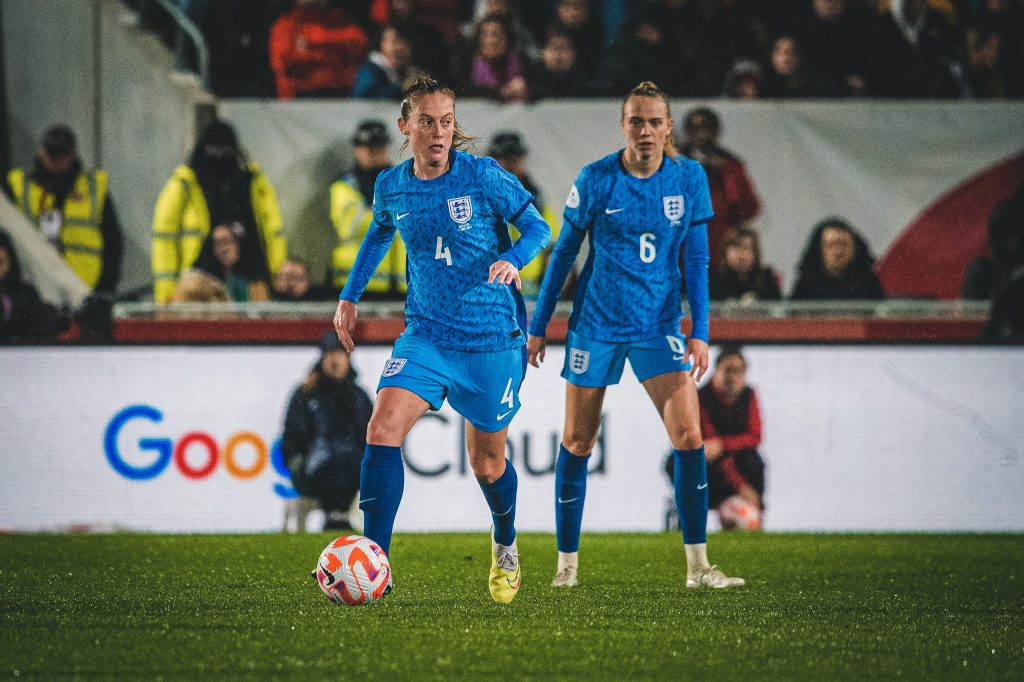
The problems start from the back. So assured at the Euros, this time round England’s back four looks like one full of holes that have only not been exploited yet because the Lionesses haven’t played a truly elite opponent. In the opening game vs Haiti Melchie Dumornay had the freedom of Lang Park behind Lucy Bronze, and more than once Alex Greenwood and Millie Bright have allowed the Haitian and Danish forwards between them in spaces you could drive one of Australia’s famous “road trains” through.
To think of Nigeria or Canada’s flying wingers exploiting that space in the second round or even more worryingly Asisat Oshoala, Sam Kerr or Jordyn Huitema powering between the centre-backs with pace and nefarious intent will cause sleepless nights for any sane Lionesses watcher, never mind the prospect later in the tournament of Fridolina Rolfo, Alexia Putellas, Vicky Pelova or Sophia Smith doing so or Alex Popp on a revenge mission should England get to the final.
This England team doesn’t just have flaws in defence, though – it lacks a cutting edge and even with a solution available, they seem reluctant to take it.
If you were an international manager and had three strikers, one of whom had 21 goals and 6 assists, one who had scored 12 goals in 12 games (and both of the above had a current average of one goal every ninety minutes in 22/23) and a third who was producing at roughly half that rate, which one would you back to score goals?
If you picked the third, you’re probably the kind of person who has no issue with England’s current team selection. Lessi Russo has looked like a shadow of the player who was so effective in short bursts at the Euros for most of 22/23, but it is particularly noticeable at this tournament.
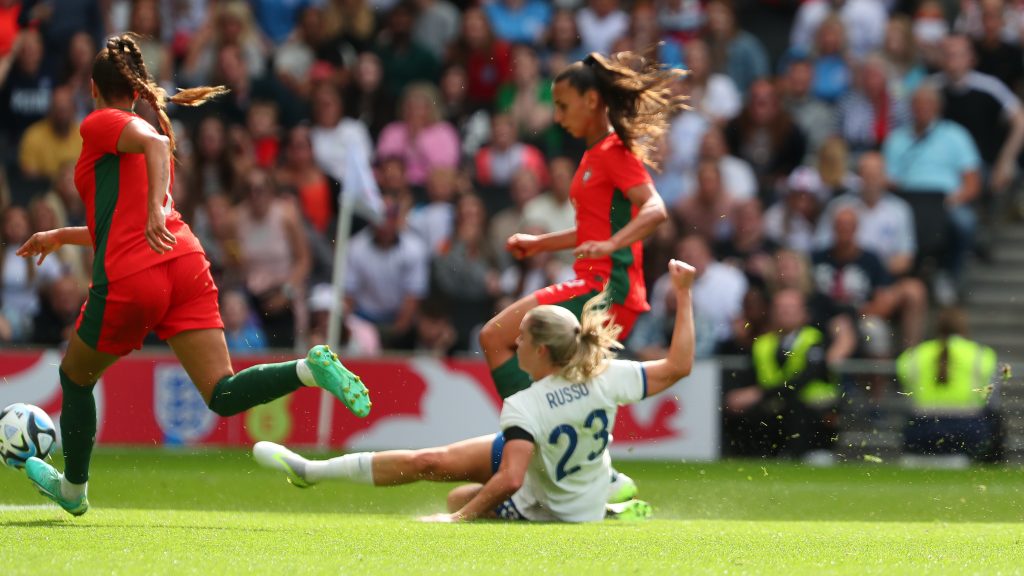
Beth England’s 15-minute cameo against Denmark was the first time England has looked like they had a true spearhead and it is the elephant in the room that nobody seems to want to mention. It’s amazing what a backheel followed by a protracted transfer saga can do to cement a status as England number nine – but that’s what appears to have happened at the moment.
Right now, with three strikers available, England have consistently opted for the third best while playing the best at left-back – a decision that would cause riots if, say, it happened in the US (a team who have been less than convincing at times themselves).
With qualification secured, the China game is a chance for England and Wiegman to define their World Cup road ahead – and make the needed changes – but that will require thinking out of their comfort zone.
This is a time for revolution not evolution, but it requires some home truths to be accepted in the England camp.
1. Lessi Russo is not England’s best choice currently up front, nor is Ella Toone behind her at ten. Even if Rachel Daly’s biggest utility for England is driving play forward from left back rather than being the beneficiary of someone else doing so, there is still a better option for England on the bench than Russo, and that is Beth England. We saw that in the final 15 minutes against Denmark – with qualification assured there is no better time to give England her chance to earn a starting spot for the knockout rounds. Russo has had hers in the first two games and often been conspicuous by her absence.
This has another effect, though. The main reason for starting Ella Toone has been her much-vaunted “connection” with Russo. That connection, for whatever reason, simply isn’t visible so far. If you’re going to drop Russo, then the strongest reason for picking Ella Toone also no longer exists. Dropping Toone also leaves space for Lauren James – who we’ll deal with shortly.
2. Keira Walsh can’t be directly replaced, but she is not irreplaceable. It may require a change in formation for England and indeed a slight change in tactics, but Jordan Nobbs (my choice for her experience over Zelem or Coombs) sitting alongside Stanway in midfield can give the same solidity as Walsh does while also adding an extra combative outlet.
3. Lauren James is England’s breakout star this tournament if she’s allowed to be: And in order to do that, she has to play at number ten, behind Beth England. England as a spearhead with Lauren Hemp and Chloe Kelly wide to put in crosses and Lauren James drifting menacingly behind her? I like it.
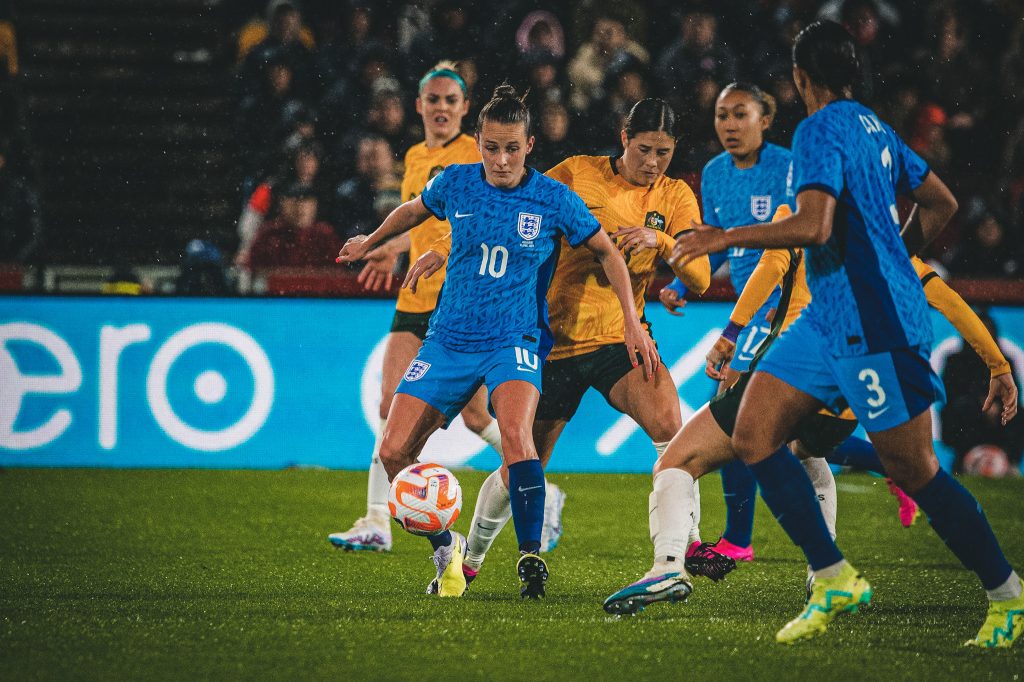
English fans know what Lauren James can do in that role but most of the world perhaps doesn’t. Yet. But we’ve already seen vs Denmark she has that youthful cockiness that Toone lacks. In tournaments, games are often won by moments of genius, and James is simply more likely to provide them than Toone is.
There is, however, one truth above all others that England needs to accept…
The Euros win is history. England are not that team anymore, even if many of the names are the same. And it is time to accept that and evolve to something new, different but better.
Ironically for such a young team, England needs to let go of the ghost of last summer. 10,000 miles and a year away from that day at Wembley, what worked so well then isn’t working now. And rather than hoping it will work, it’s time for England’s World Cup squad to become a different, better version both of themselves and the team as a whole.
Because if they don’t and expect the spirit, tactics and hope from 2022 to carry them Down Under, the only place it will carry them is home way before the final.
Against China, we need to see a brand new England. This, for the Lionesses, is where the World Cup should truly begin. Otherwise, it won’t be long before it ends.





